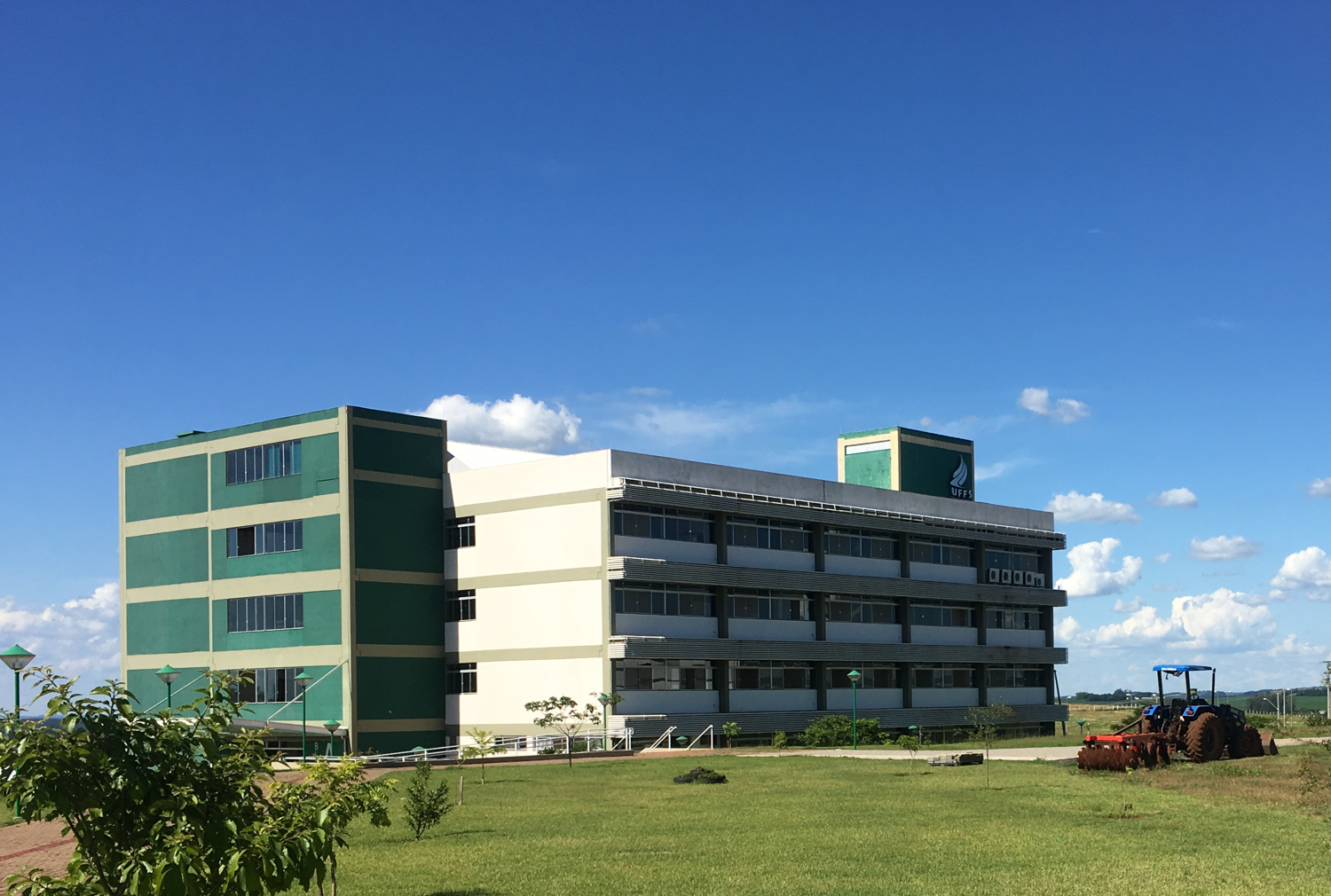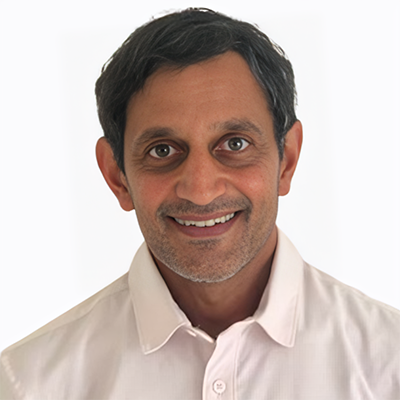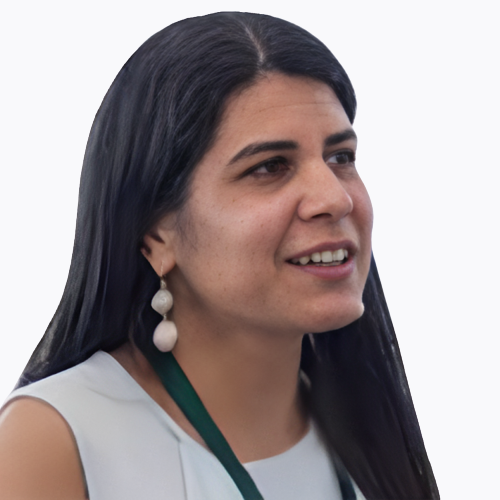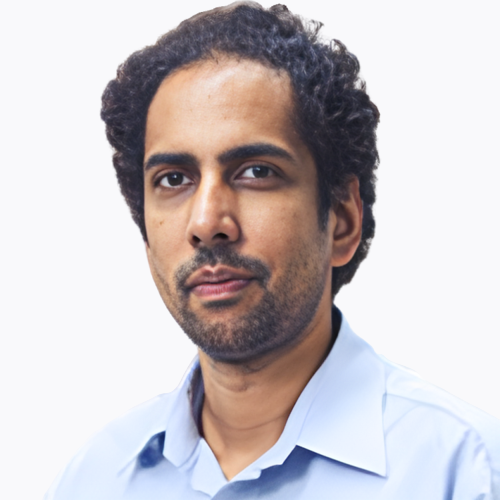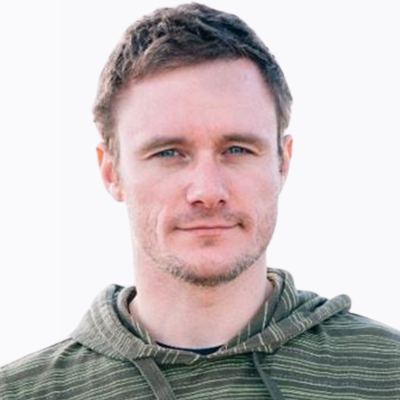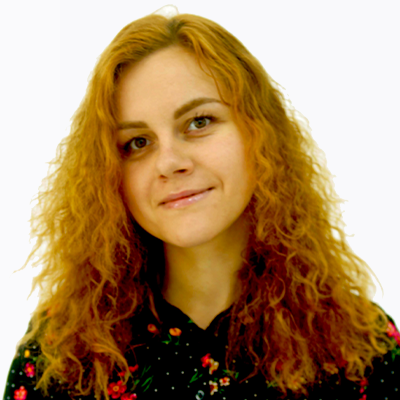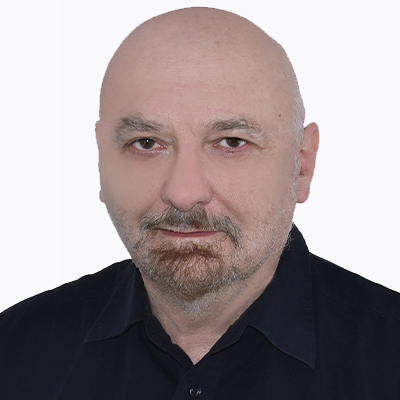Sapien Labs Welcomes its First Neurolab Partner in Brazil
October 10, 2024
Chapeco, Brazil – Sapien Labs welcomes its first Neurolab partner in Brazil headed by Dr. Felipe Beijamini at the Universidade Federal de Fronteira Sul. The Federal University is a broad system with campuses in six cities. Realeza where Beijamini is located is a small, rural town located in the southwest region of the Paraná state of Brazil. The surrounding economy is very agriculture dependent but has a high human development index compared to other regions of Brazil.
Dr. Beijamini studies the ecology of sleep, particularly how different environments, lifestyle and life conditions influence sleep physiology and the impact of different sleep patterns on health and memory consolidation. In a recent study conducted in Brazil Beijamini has characterized sleep patterns of over 1300 participants with different profiles. He has also been involved with a study that relates genetic ancestry with chronotype identifying clear differences.
Dr. Beijamini’s work has taken him further than his University town in Brazil. He has also conducted research in Mozambique, using actygraphy recordings to compare sleep patterns a newly modernizing African town to a nearby village that is yet to modernize. The study demonstrated that access to electricity delayed sleep but that intense physical labour and less comfortable sleeping arrangements contributed to poorer sleep in the village showing that modernization does have benefits for sleep. His main take away message is that environment matters in sleep. How else, he wonders, might environment impact the human brain and experience?
As a Neurolab partner, Dr. Beijamini will add EEG to his research with a particular interest in taking typically lab based paradigms out into the field to understand differences between reported sleep quality, EEG patterns and cognitive outcomes. Particularly, these studies will shed further light on the differences on rural and urban environments on human sleep patterns and their cognitive consequences.
